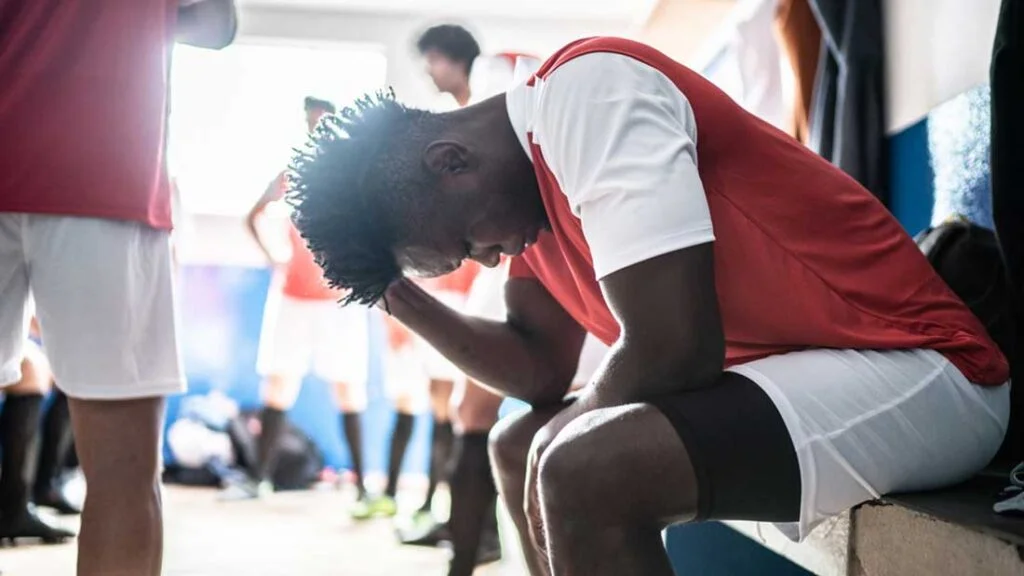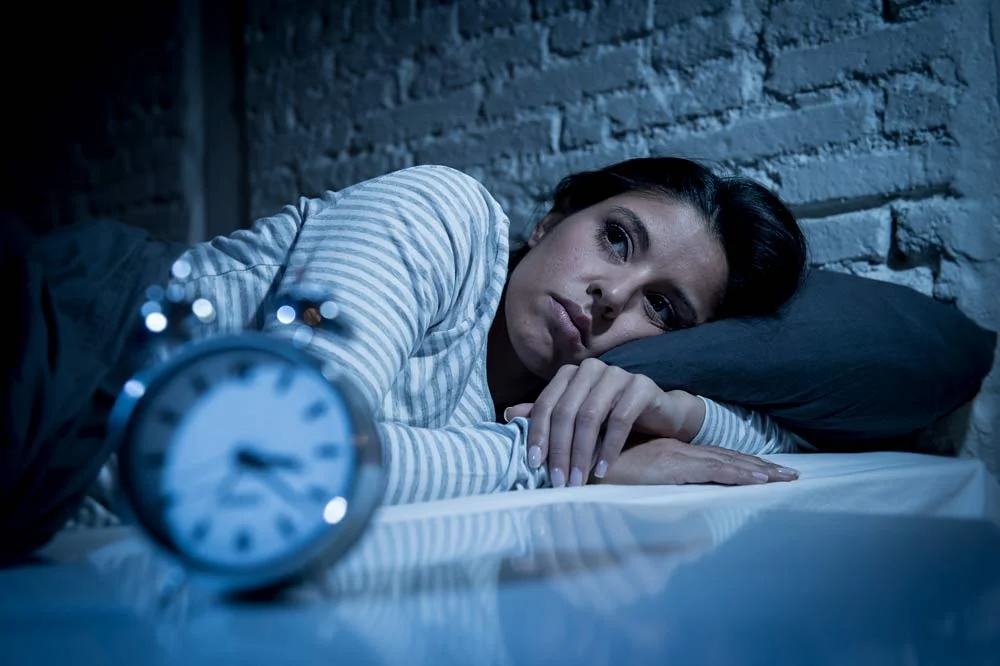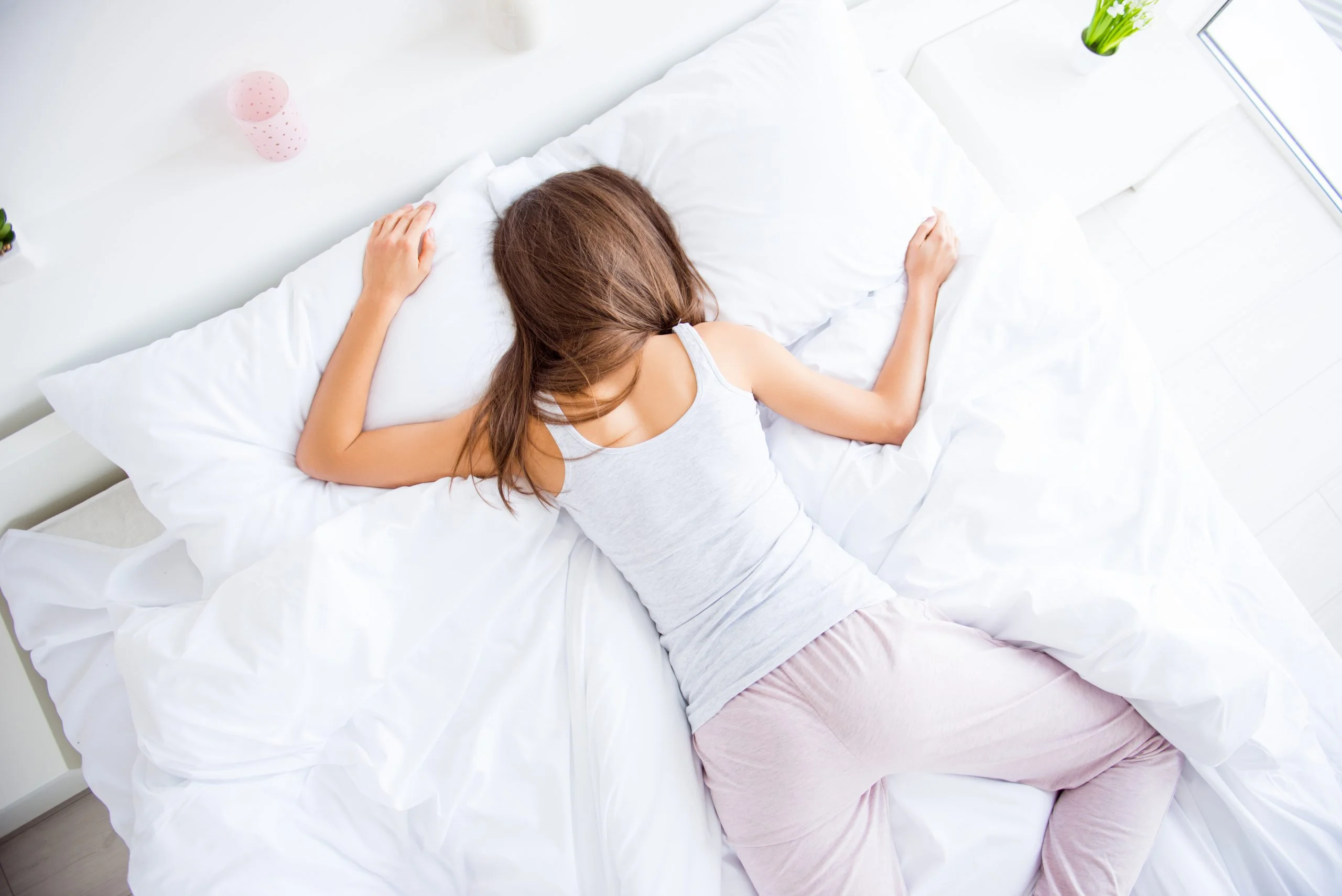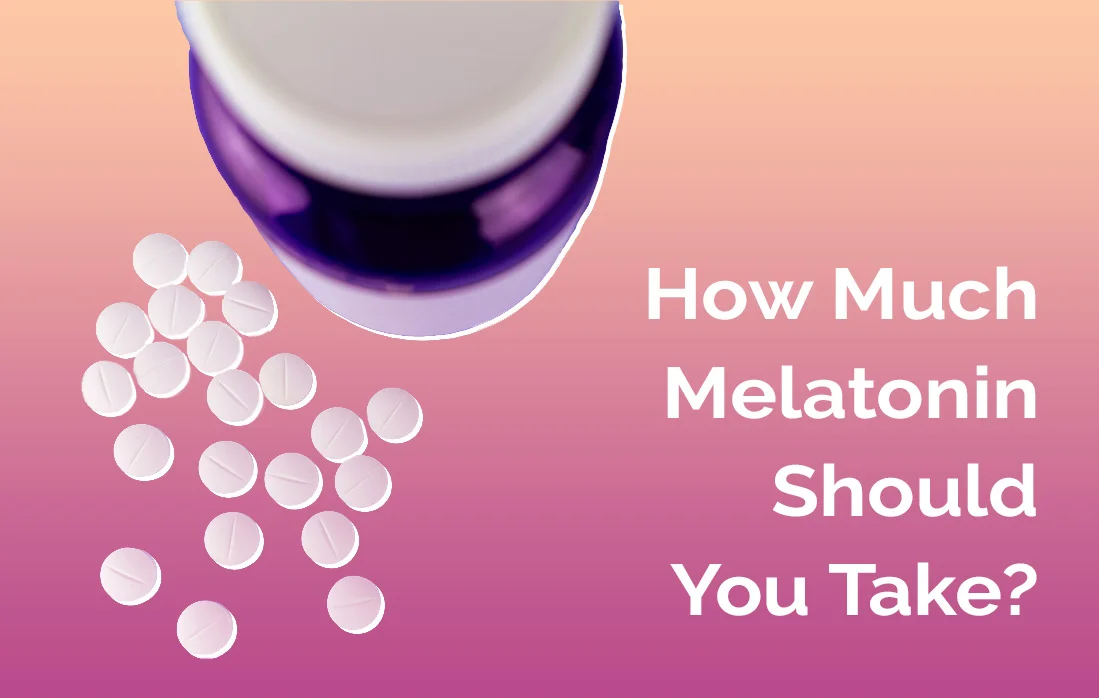
You’d think after running 7-10 miles per match, professional soccer players would be exhausted, and simply flop on their beds and pass right out at night. But, a new report BBC published recently, in which a psychotherapist reported “widespread” use of prescription sleeping pills amongst soccer (“football”) players in Europe, we are second guessing how easy it is for them to fall asleep.
Former Oxford United psychotherapist Gary Bloom stated that this type of addiction is much wider than people realize. Dele Alli, an Everton midfielder, spent six weeks in rehab recovering from mental health concerns and a sleeping pill addiction, and seconded Bloom’s assertion that it’s a widespread issue amongst players. In an moving and candid episode of the podcast “The Overlap,” he gets real about just how severe the addiction was, without wanting to reveal dosages — “I had some scary moments.” He remembers considering retiring at 24 from “doing the thing I love,” a consideration he calls “heartbreaking” in retrospect.
Why Athletes Turn to Sleeping Pills
There are both physical, logistical, and emotional reasons athletes turn to prescription sleeping pills, and sometimes end up addicted. Dr. Meeta Singh, a sleep doctor who consults for multiple NFL, MLB, NHL, NBA, Olympic, and college sports teams, outlines some top reasons:
- Pressure to perform at a higher level
- Fear of injury
- Stress of competition that can lead to anxiety, preventing sleep
- Travel and subsequent jet lag, and sleeping in a different environment such as hotel rooms
- The adrenaline high post-game, making it difficult to wind down
- Inconsistent schedules, including training, games, and media commitments “at all hours”
- Pain from injuries that make it difficult to be comfortable enough to sleep well
What Types of Medicines Are They Using and What Are the Dangers?
This isn’t just an over-the-counter sleep aid — players are using, and becoming addicted to benzodiazepines, or medications like Ambien, Lunesta, Sonata, and others used to treat insomnia, Singh says. “Players will use whatever they get — antihistamines, used for over the counter medication, they may use depression medications, but many times they use melatonin…these supplements are available in the US over the counter but they can also find doctors that prescribe this for them.”
Sometimes, athletes are using sleep aids to combat the effect of stimulants they are using too late in the evening, such as caffeine. “If you take it too close to the game, it can prevent you from sleeping…it can remain in your system for many hours,” she says. Ironically, if they try to get off caffeine, they end up needing more of it because of their drowsiness. “They use prescription medications to fall asleep and stay asleep, then the next day they have to use stimulants to stay awake, and that’s a cycle that’s hard to break and really has a negative effect.”
Treating Underlying Emotional and Societal Pressures to Prevent Addiction In the First Place
Dr. Raafat W. Girgis, a triple board-certified Psychiatrist in Psychiatry, addiction, and Psychosomatic Medicine and the medical director at Moment of Clarity Mental Health Center, calls it an “endless cycle of insanity — needing stimulants is the devil in disguise.” He adds that athletes know “as intelligent people” that stimulants are the enemy of sleep. Healing from addiction, he contends, involves examining some of the must-dos to prevent addiction in the first place.
“When the demand for an athlete to perform is greater than the good of the individual, what hope do they have?” he says. “They are separated from their families and support system, traveling and sleeping in unfamiliar surroundings.”
His advice to athletes is clear — “No matter what, do not start.” But often the pressure is too much. “They are separated from their families and support system, traveling and sleeping in unfamiliar surroundings. While working to the height of their capabilities to provide a lifestyle for their parents, spouses, and children is foremost in the mind of this person, the concern is getting the job done… if it stops working they add to the amount of use to acquire adequate sleep.”
Why Prescription Sleeping Pills Are So Addictive
The level of widespread addiction begs the question, why is a prescribe-able pill so addicting in the first place? Dr. Jerry Hu, Triple Board Certified in Dental Sleep Medicine, and founder of Nevada Dental Sleep, says, “Sleeping pills from Lunesta to Ambien actually worsen sleep quality and sleep airway. It also causes psychosis behavior in some and can be very contraindicated,” adding that it often actually worsens athletes’ sleep quality.
The issue has to do with how the drugs impact the brain’s reward system, the topic of her Ph.D., according to Dr. Allison Brager, neuroscientist, sleep specialist for Momentous and former CrossFit Games athlete explains. “Most prescription sleeping pills act on the global inhibitory system of the brain: GABA. GABA is also a critical mediator of the reward system… to no surprise, GABA is a powerful gateway to addiction but it can amplify the rewarding effects of any drug, including stimulants and depressants.”
This can lead to some athletes “doctor hopping” to obtain enough medicine to feed the addiction, Girgis says, among other signs of addiction.
“They also can develop tolerance and need larger doses of the sleep aids. It becomes a cycle. Eventually, sleep aids can also stop working altogether,” says Dr. Renee Solomon, a clinical psychologist and co-owner of Forward Recovery drug and alcohol treatment center.
What To Do Next If You Might Be Addicted to Sleeping Pills
Athletes aren’t the only ones who might be impacted by sleeping pills. Anyone who has an addiction, or suspects they do, needs to consult a sleep doctor, Brager says, as a first step. “One of the most effective forms of treatment for insomnia is not medication, it’s cognitive behavioral therapy. Second, invest in a robust sleep routine (work away at least an hour before bed, phone away 30 minutes before bed) and a strict bedtime schedule,” though the last part might be easier said than done for professional athletes.
“The goal would be for people to train and compete naturally. If they get enough sleep, and work out and have a healthy regimen, they should not need caffeinated or energy drinks. It’s also about learning how to quiet your mind so that you can sleep peacefully,” Solomon adds.
And in the name of preventing more young athletes from the spiral of addiction, Girgis has a message — “Don’t use them, it’s plain and simple. You decide what you put in your body. Your life span in athletics is limited…use your youth and willingness to make good choices to benefit your well-being.”

Common Natural Sleep Aids & Supplements

Types of Insomnia — Causes and Treatments

New Study Suggests Probiotics Can Improve Sleep and Energy — Here’s What Doctors Say

Melatonin Dosage: How Much Should You Take by Age and Weight?
Sources
Bradshaw, Joe. “Dele Alli: Sleeping pill addiction ‘widespread’ in football, says psychotherapist,” BBC; https://www.bbc.com/sport/football/66199285; July 14, 2024.
Singh, Meeta. Author interview. July 2024.
Girgis, Raafat W. Author interview. July 2024.
Hu, Jerry. Author interview. July 2024.
Brager, Allison. Author interview. July 2024.

























